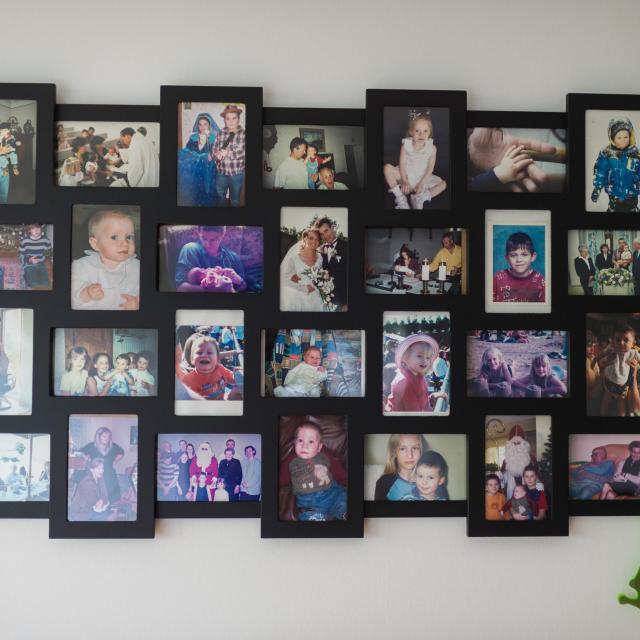Once a family, always a family - right?
By Laura Tomassini, Mike Zenari, Lex Kleren Switch to German for original article
A total of 529 children and teenagers currently live in foster care in Luxembourg. The alternative home is intended to provide protection for those whose parents cannot ensure the best interests of their child, but at the same time it is a challenge for those who want to do just that, because once you are a family, it is difficult to sever those ties again.
Out-of-home care is not a rarity in Luxembourg; it is an integral part of everyday life for many children. According to the National Report 2022 on the situation of children in Luxembourg, in 2020 a total of 49,035 children made use of the Chèque-Service Accueil system and were looked after by others – i.e. 56.38 percent of the zero to twelve-year-olds living here. However, while children cared for in crèches, maisons relais or with childminders return to their parents after an average of six hours per day, others also spend the rest of the time in outside care.
"If a child's safety, good development or fulfilment of basic needs can no longer be guaranteed in his or her family of origin, then it is the state's responsibility to ensure that the child concerned can grow up in an alternative environment, " explains Michèle Bressanutti, Director of the Child and Family Welfare Department at the Office National de l'Enfance, or ONE for short. While for a long time children's homes were considered the only place of refuge for affected children, research on child welfare has shown that processing traumatic experiences and building positive bonds work better in smaller settings.
Repatriation desired
A foster family offers such a setting. Whether for a short, medium or longer period of time – if biological parents can no longer adequately care for their child, other adults take over this task. The decision as to which type of placement is right for a child currently lies with the court in most cases. "In an ideal world, every child would have the opportunity to be placed with an alternative family. Unfortunately, this is not the case, as there are more children affected than there are foster families, " Bressanutti explains.
A foster family is a support measure that is ideally only needed on a transitional basis, because the ultimate goal of ONE is always to enable the child to be returned to his or her biological family. Therefore, while parental authority, i.e. official custody, is transferred to the foster parents after one year during placement, the biological parents retain visitation rights. "It is important to work closely with the biological parents and get them on board right from the start, because a break-up always means additional difficulties for the children, " explains Inês Dias, head of ONE's Child Protection Unit.
You want more? Get access now.
-
One-year subscription€185.00/year
-
Monthly subscription€18.50/month
-
Zukunftsabo for subscribers under the age of 26€120.00/year
Already have an account?
Log in


